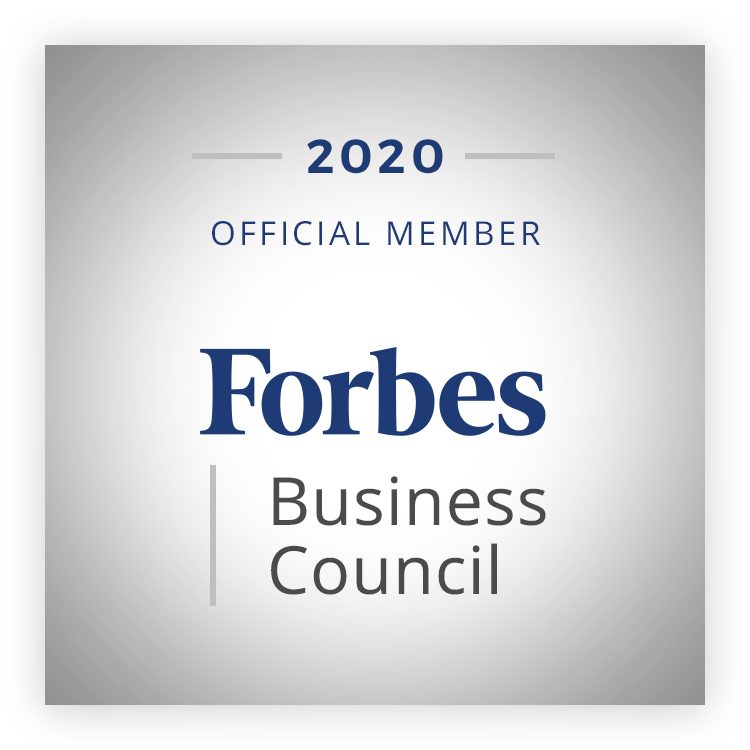“HR” today encompasses strategy, technology, operations, finance, AND the complexity of people, all in one.
People and culture? Who cares? You’re in the business of making money.
Yeah well, so am I.
I’m not some idealist with my head in the clouds. Come on man, as President Biden would say.
I went to an elite and world-renowned business program(we were named the #1 business school by the Financial Times this past year!). Before you think I’m here to brag, read on.
While most everyone in my business program was gearing to be an investment banker, consultant, or venture capitalist, I was one of the few interested in our Organizational Behavior track.
It was because I knew from my own work experience that how employees feel, and how teams collaborate, have such a vital impact on how an organization performs. People are everything — they make up the organization, after all.
You might be surprised to know that 68% of startups fail due to people and culture problems.1
People need to be supported. With not only the right leadership and team, but with the right processes, the right tools, and the right incentives. Especially at the early stage, when things are not quite as “cushy” as they are at more established companies.
It’s Time to “Rename and Revamp” the HR Function
The person you call your HR leader is responsible for providing you the essential qualitative and quantitative employee feedback you need to help your organization operate more efficiently and effectively.
Obviously, your HR leader’s most important job is to develop your people strategy directly aligned to your business plan. A roadmap of when to make investments in talent, software, vendors, and more.
Labor is one of the highest expenses for companies. Your HR leader helps you optimize your ROI per hire and reduce employee failure rate to increase your earnings.
In startups particularly, your HR leader can, often, be the only leader on the executive team that has highly developed empathy and emotional intelligence, which are essential skills for managing employees. He/she can often be the coach to multiple leaders and dramatically improve their effectiveness. In addition, this person manages employee communications across all types of changes — role and title changes, mergers/acquisitions, layoffs, etc.
Your HR leader(if they’re good) helps you determine the $ impact of any kind of change across teams and develop a strategy to maintain productivity and engagement.
If your HR leader is not doing the above, you would be better off finding someone else.
The Unfortunate Duality
The unfortunate truth is that while “Operations” is often seen as a core strategic function in organizations, “HR” is seen as a support function.
The proof of this is apparent in the gender disparity of these roles within startups.
Operations is almost always led by a male, while HR is almost always led by a female(conveniently, so companies can check off that diversity box).
It’s also almost always the last function to be filled in startups.
The connotation of “HR” as a term leads to this result. It’s traditionally been thought of as a payroll and compliance function. Basically, not much more important than an administrative assistant.
The Future of Work
Speaking with a friend of mine recently, a VP of People at an LA-based startup, we both rejoiced a bit in the fact that our roles can (probably) never fully be automated away.
The nuance and emotional intelligence required in optimizing leadership and talent potential and culture are something that can only uniquely be done by another human being.
When we think about the future of work, we focus on exciting new possibilities in AI, machine learning, blockchain, and more.
Yet when we invest in companies, we don’t only invest in these ideas(of which there are a million and one). We invest in the leadership team’s potential – our biggest investment is always in people.
So why not rename this “HR/People/Culture” function already, to signify the depth and breadth of what it really does?
Because the true future of work is where the potential of man meets the potential of machine in new, ever innovative ways. Where humanity meets technology to produce unprecedented results.
What is Organizational Design Consulting?
1 According to https://hbr.org/2019/12/why-your-startup-wont-last
Do you need an interim HR leader with the versatility of skills required for the job? Or maybe just some support for your People and Culture function? Learn about our flexible Lean HR for Startups and SMBs offerings and how we save you up to 55% on costs.


